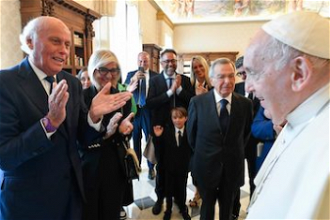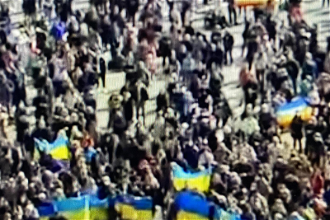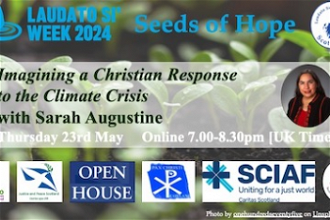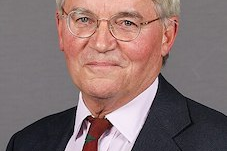Pope warns journalists: Words can kill
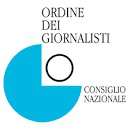
There are few professions that have so much influence on society as that of journalism, Pope Francis told representatives from the Italian National Council of the Order of Journalists on Thursday. He noted that they are usually the ones who are there to record, the "first draft of history", "the building of the news agenda and introducing people to the interpretation of events.
The Holy Father then went on to reflect on some aspects of the journalistic profession, and how it can serve for the betterment of the society in which we live. He began by saying that it is indispensable for all of us to pause to reflect on what we are doing and on how we are doing it. "In the spiritual life, this often assumes the form of a day of retreat, of deeper interior reflection. I think that in the professional life, there is also need of this, of a bit of time to pause and reflect."
"This is certainly not easy in the journalistic realm, a profession that lives with constant 'delivery times' and 'expiration dates.' But at least for a brief moment, we will try to reflect a bit on the reality of journalism."
The Holy Father then outlined three essential elements in the work of a journalist, that he said could serve to improve the society in which we live. These are: To love the truth; to embody professionalism and to respect human dignity.
Pope Francis said loving the truth means not only stating it, but also living it and bearing witness to it in their work, adding that journalists must be able to discern between "shades of grey" surrounding the events that they are called to tell.
Speaking about the second element, professionalism, Pope Francis underlined that when there was professionalism, journalists remained "a cornerstone, a fundamental element for the vitality of a free and pluralistic society."
The Pope then noted that that respecting human dignity is important in every profession, but he stressed this is especially true in journalism, "because behind the simple reporting of an event there are also sentiments, emotions, and, in short, the life of individuals."
"I have often spoken of gossip as 'terrorism,' about how one can kill a person with the tongue. If this is true for individual persons, in the family or at work, it is all the more true for journalists, because their voice can reach all, and this is a very powerful weapon. Journalism must always respect a person's dignity. An article is published today and, tomorrow, it will be replaced by another, but the life of a person unjustly defamed can be destroyed forever... Criticism is certainly legitimate, and I will say more, necessary, as is the denunciation of evil, but this must always be done respecting the other, his life, his affections. Journalism cannot become a "weapon of destruction" of persons and even of peoples. Nor must it fuel fear in face of the changes and phenomenons such as migrations forced by war and famine."
Pope Francis concluded with prayers and expressed hope "that increasingly and everywhere journalism is an instrument of construction, a factor of common good, an accelerator of processes of reconciliation, which is able to reject the temptation to foment clashes, with a language that blows on the fire of divisions, and, instead, that it foster the culture of encounter."
"You journalists can remind everyone, every day, that there is no conflict that cannot be resolved by women and men of good will," he said.
Source: Vatican Radio/ODG



